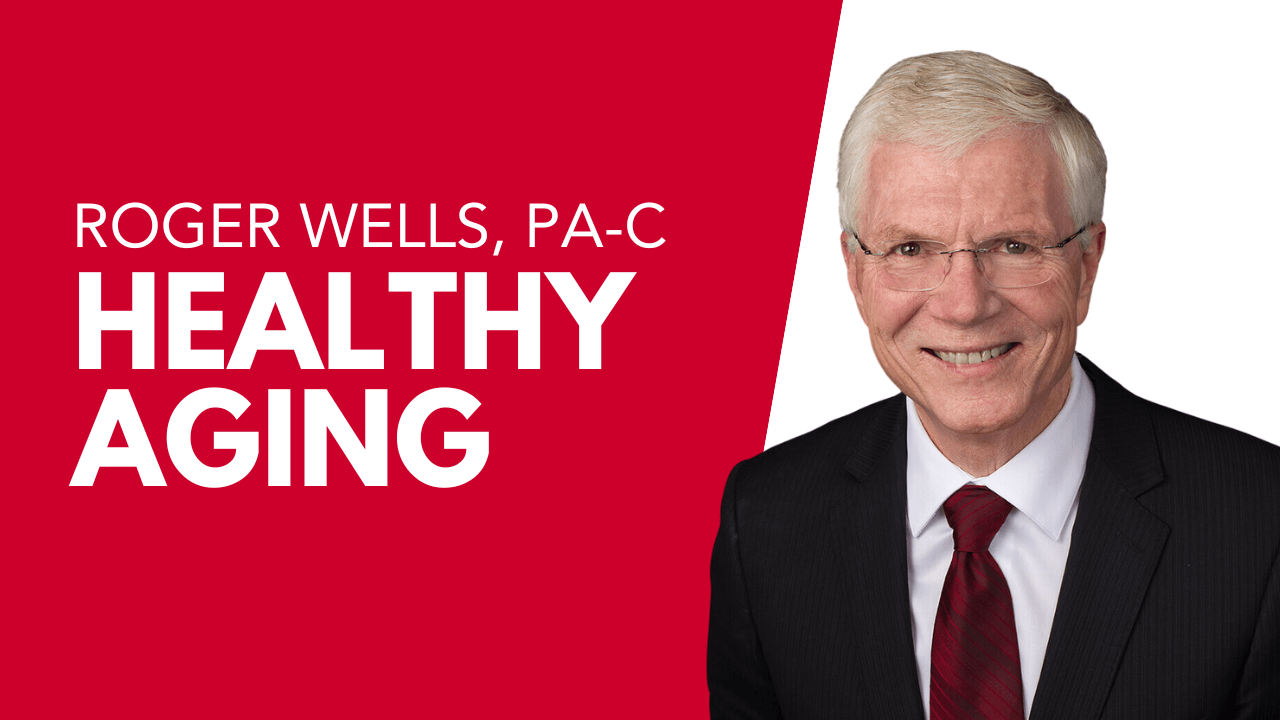Roger Wells, PA-C
Lexington Regional Health Center
LEXINGTON, NE – One out of every four 65-year-olds today will live past age 90. Many current beliefs about aging were based on information that is no longer valid given recent scientific advances.
Cognitive and mental health
- For most older adults, age-associated changes in cognition (thinking) are mild and do not significantly interfere with daily functioning.
- Older adults are capable of learning new skills even later in life, though learning may take longer than for younger adults.
- Short-term memory shows noticeable changes with age, but long-term memory declines less with age.
- Some changes in cognition are normal with age, such as slower reaction times and reduced problem-solving abilities. The speed with which information is encoded, stored, and retrieved also slows as we age. However, many older adults outperform their younger counterparts on intelligence tests that draw on accumulated knowledge and experience.
- Wisdom and creativity often continue to the very end of life.
- Personality traits remain relatively stable over time. For example, people who were outgoing during young adulthood are likely to be outgoing in later life.
- Dementia (including Alzheimer’s disease, the most common type of dementia) is not a normal part of aging. Approximately five percent of individuals between 71 and 79 and 37 percent of the population above age 90 are affected.
Physical health
- Hearing impairment among older adults is often mild or moderate, yet it is widespread; almost 25 percent of adults aged 65-74 and 50 percent aged 75 and older have hearing impairment that is often isolating.
- Visual changes among aging adults result in such problems as slower reading speed and difficulty reading small print and in dim light, as well as difficulty driving at night.
- The proportion of older adults needing assistance with everyday activities increases with age. Fewer than one fifth of older adults between ages 65 and 74 need assistance with activities of daily living, such as bathing or eating. This increases to 40 percent of men and 53 percent of women over 85 who need such assistance.
Increase your chances of aging well by taking some of the following steps
- Even a moderate amount each day can help one stay active, independent and maintain a positive mood. It can make even the frailest older person stronger and more fit.
- Continue to maintain a healthy lifestyle and make adjustments for any changes in your function (e.g., hearing, vision, flexibility, or strength).
- Continue to engage in routine preventive health behaviors (e.g., get immunizations for flu and pneumonia).
- Advocate for yourself and your family in health care settings or bring a knowledgeable representative with you. Do not be afraid to ask questions or get a second opinion.
- If you feel anxious, depressed or are using alcohol or drugs to manage your mood, seek assistance. Untreated mental health problems are associated with poor physical health outcomes, including increased disability and illness as well as decreased quality of life.
- Be an interested person. Remain aware of new developments in the arts, sciences, politics, and other areas of cultural and social interest.
Be an interesting person. Engage in something that matters to you and that you care passionately about.







